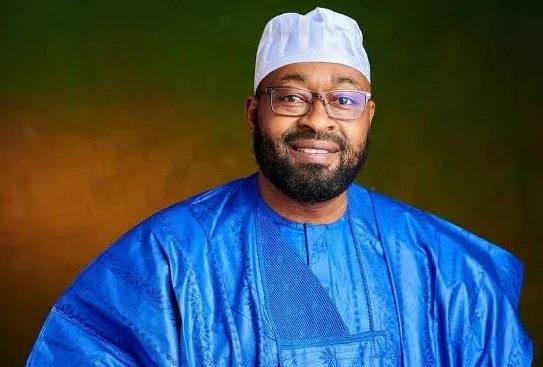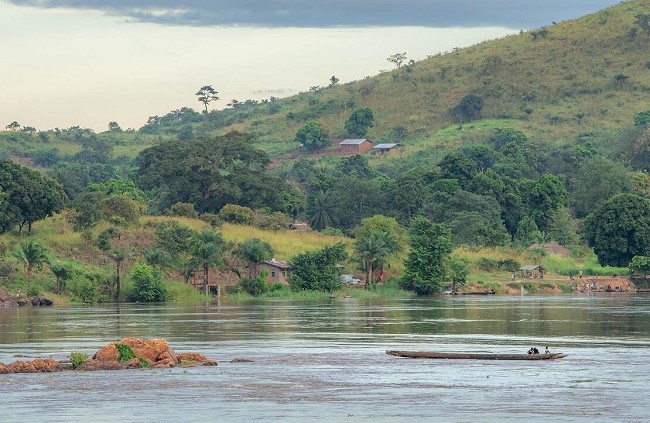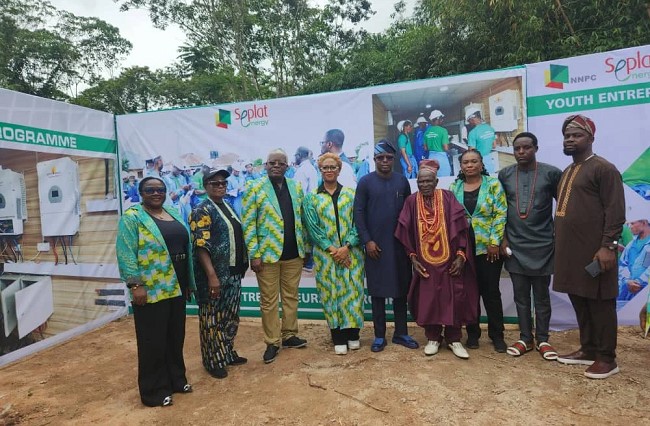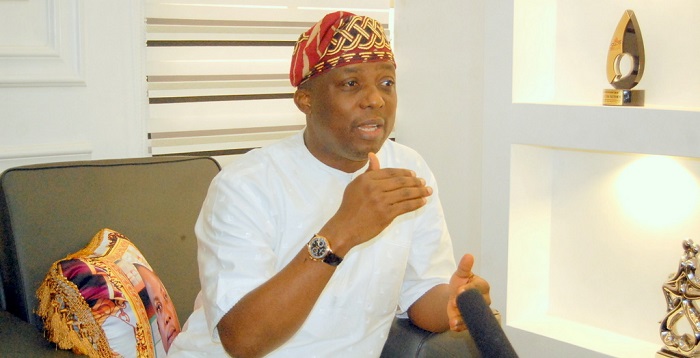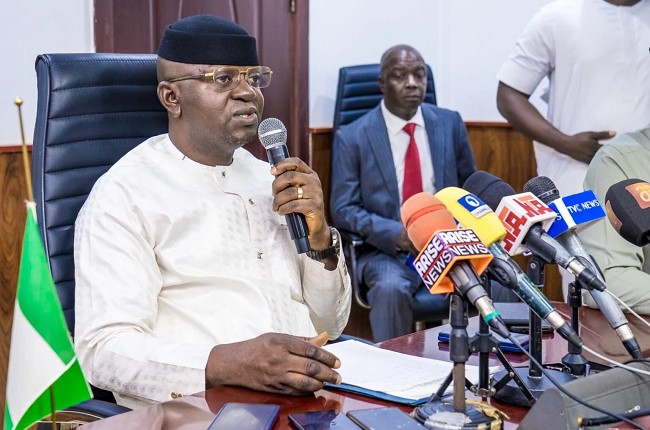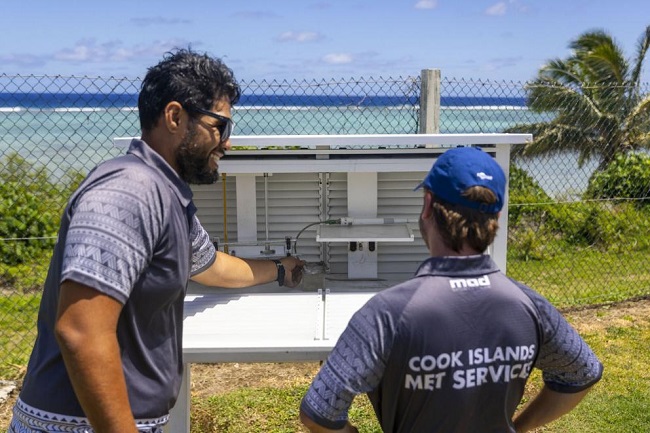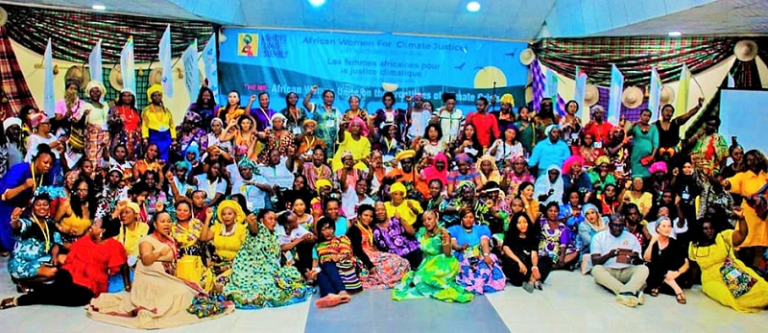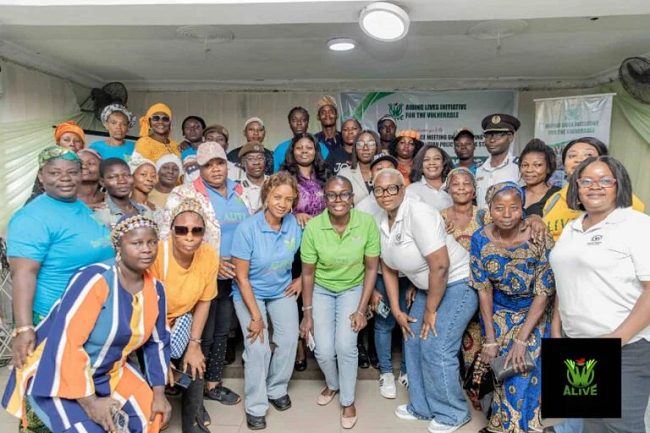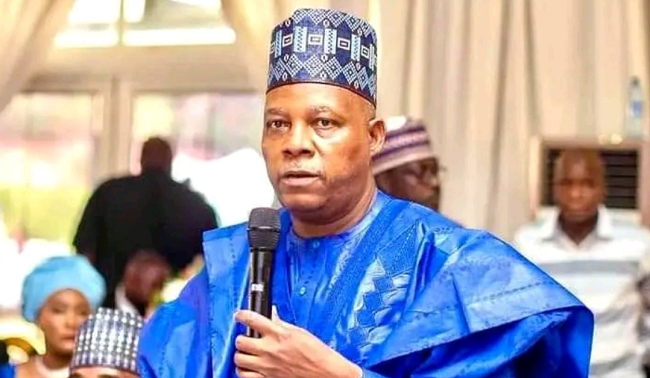The Embassy of Denmark in Nigeria, partnering with the Academic Associate PeaceWorks (AAPW), is set to fund a two-year project towards moderating climate change impacts in the Niger Delta.
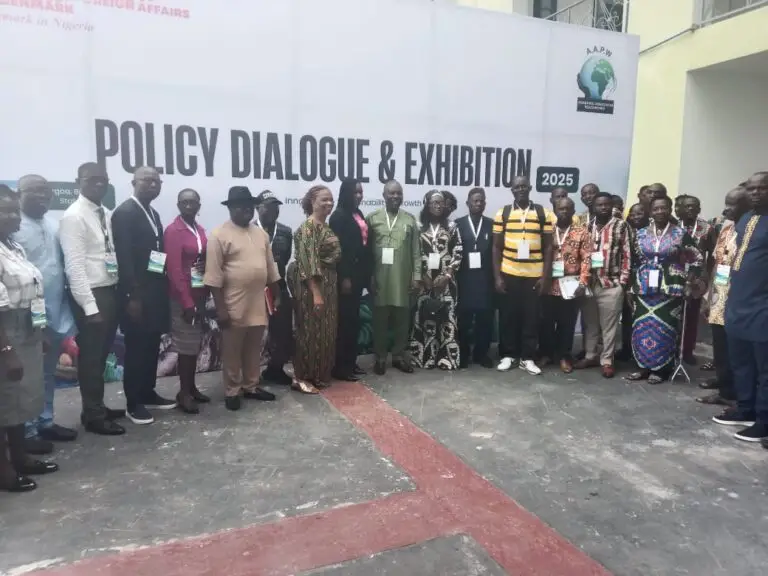
The embassy’s Senior Programme Manager in Nigeria, Nosakhare Ayejimiwo, disclosed this in a two-day Stakeholders’ Engagement Forum in Yenagoa on Tuesday.
The News Agency of Nigeria (NAN) reports the forum is entitled “Policy Dialogue and Exhibition on Green and Blue Economy in the Niger Delta”.
Ayejimiwo said the policy dialogue and exhibition were not only to share ideas but living demonstrations of how partnership and cooperation could lead to real and impactful change.
“One of Denmark’s strategic priorities for engagement with Africa is to increase efforts for climate adaptation, with particular focus on water, forests, and biodiversity, and support for green transition in the continent.
“We are living in a time where climate change is undeniably one of the greatest global concerns of our era.
“Yet, while its effects are felt worldwide, it is communities at the frontline like yours and others in the Niger Delta that bear the brunt of its impacts most acutely.
“The Niger Delta faces unique challenges that demand urgent, thoughtful, and locally relevant responses.
“Denmark’s partnership in this region reflects our strong commitment to supporting solutions that are inclusive, locally-led, and sustainable.
“This project is a shining example of those values in action; it embodies collaboration across sectors and stakeholders,” she said.
In her remarks, AAPW Executive Director, Judith Asuni, explained that the two-year project, implemented by AAPW, would be in four communities.
According to her, the communities are those highly affected by climate change, environmental degradation and piracy in Bayelsa and Delta States.
She added that the communities could potentially develop green and blue economies in their areas.
Asuni said, “The project aims to promote sustainable practices in both marine and terrestrial environments, emphasising conservation and resource management in the Niger Delta region.”
Meanwhile, the state Commissioner for Agricultural and Natural Resources, Prof. Beke Sese, reiterated the mandate of his ministry to produce food for Bayelsa, Nigerians and the world.
He pointed out that the administration of Gov. Douye Diri had concluded that the state was too blessed to be poor or associated with poverty.
However, while attributing the state’s blessedness to its rich vegetation and soil fertility, he regretted that a large amount of food consumed in the state was being brought from outside.
“Our primary focus has been on rice production because Bayelsa State is a natural habitat for rice. So, we are supporting our rice farmers by providing inputs, seedlings and rice mills.
“Our goal is to reduce the cost of rice, and we cannot do that without collaboration with our rice farmers.
“We want to create the enabling environment for farmers to be productive,” he said.

